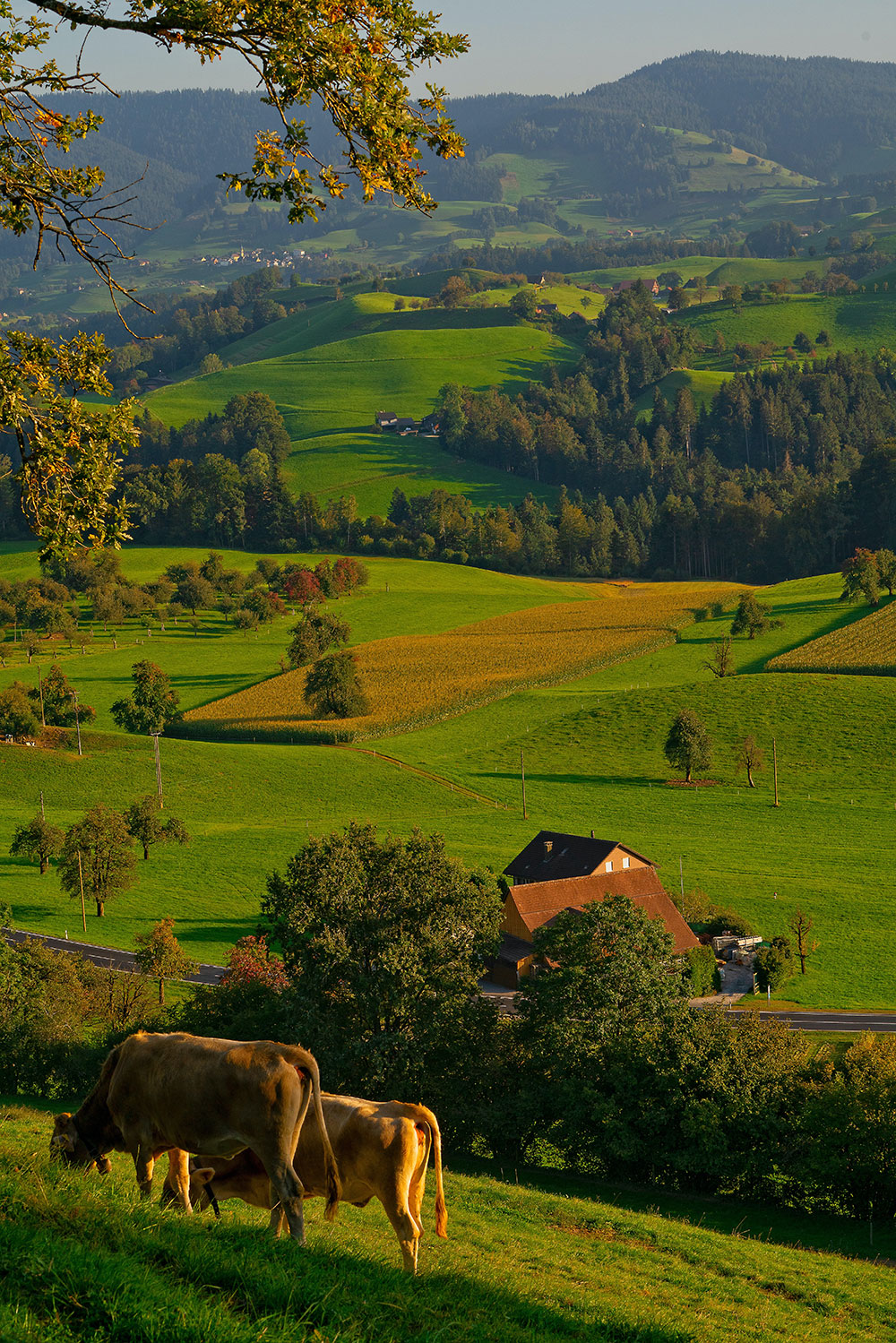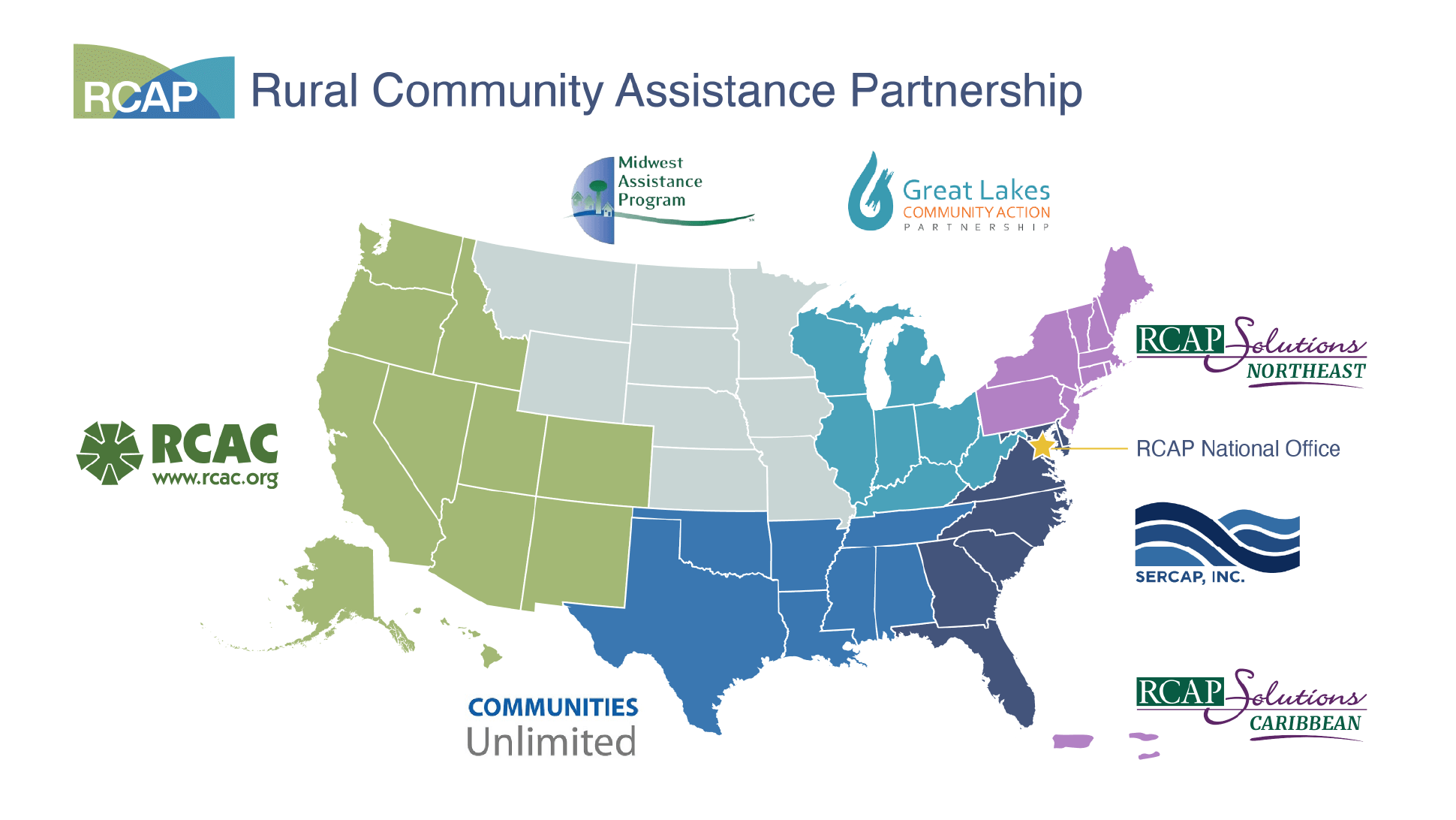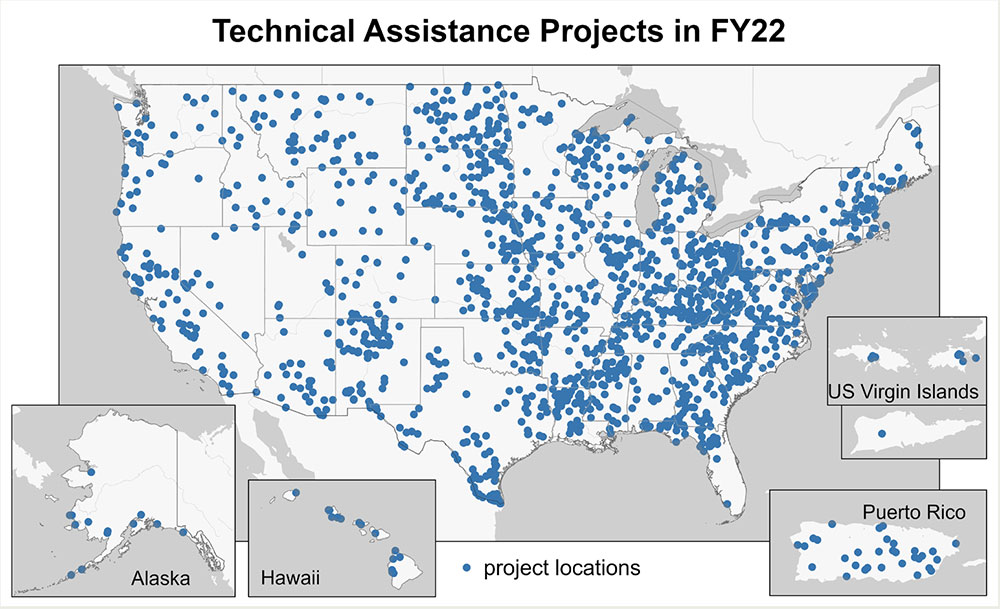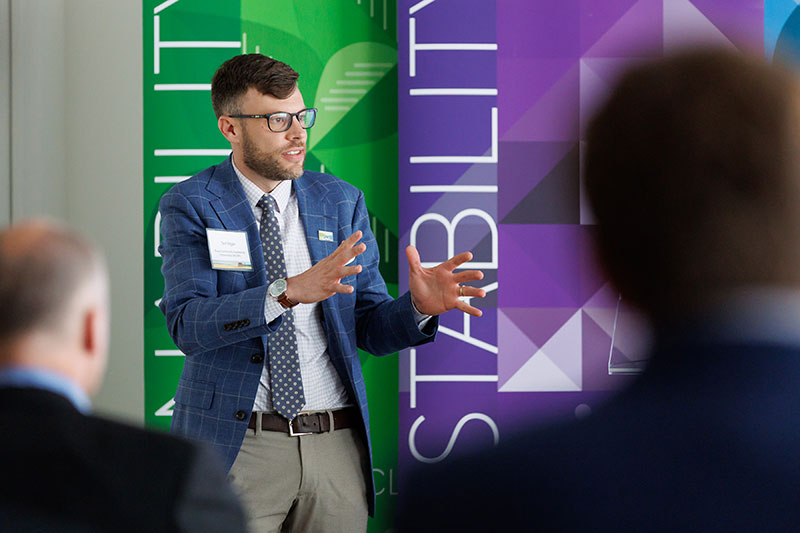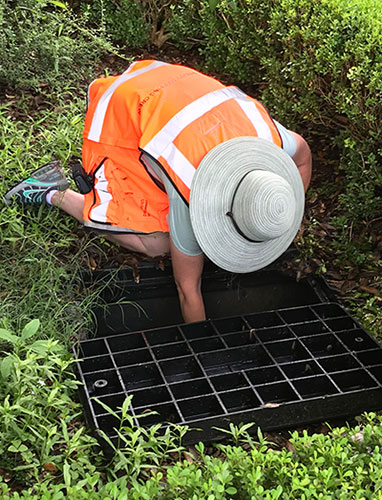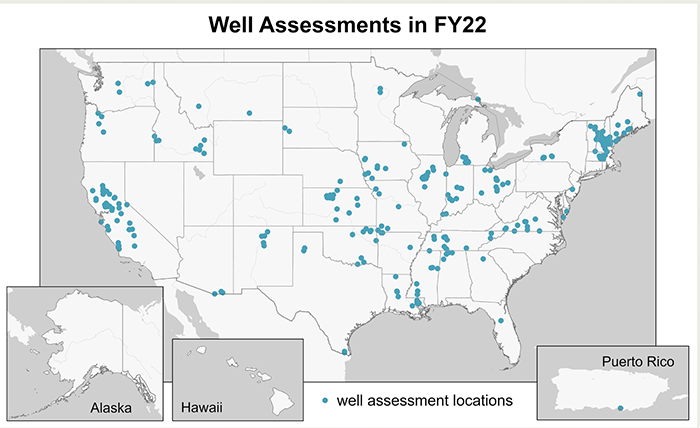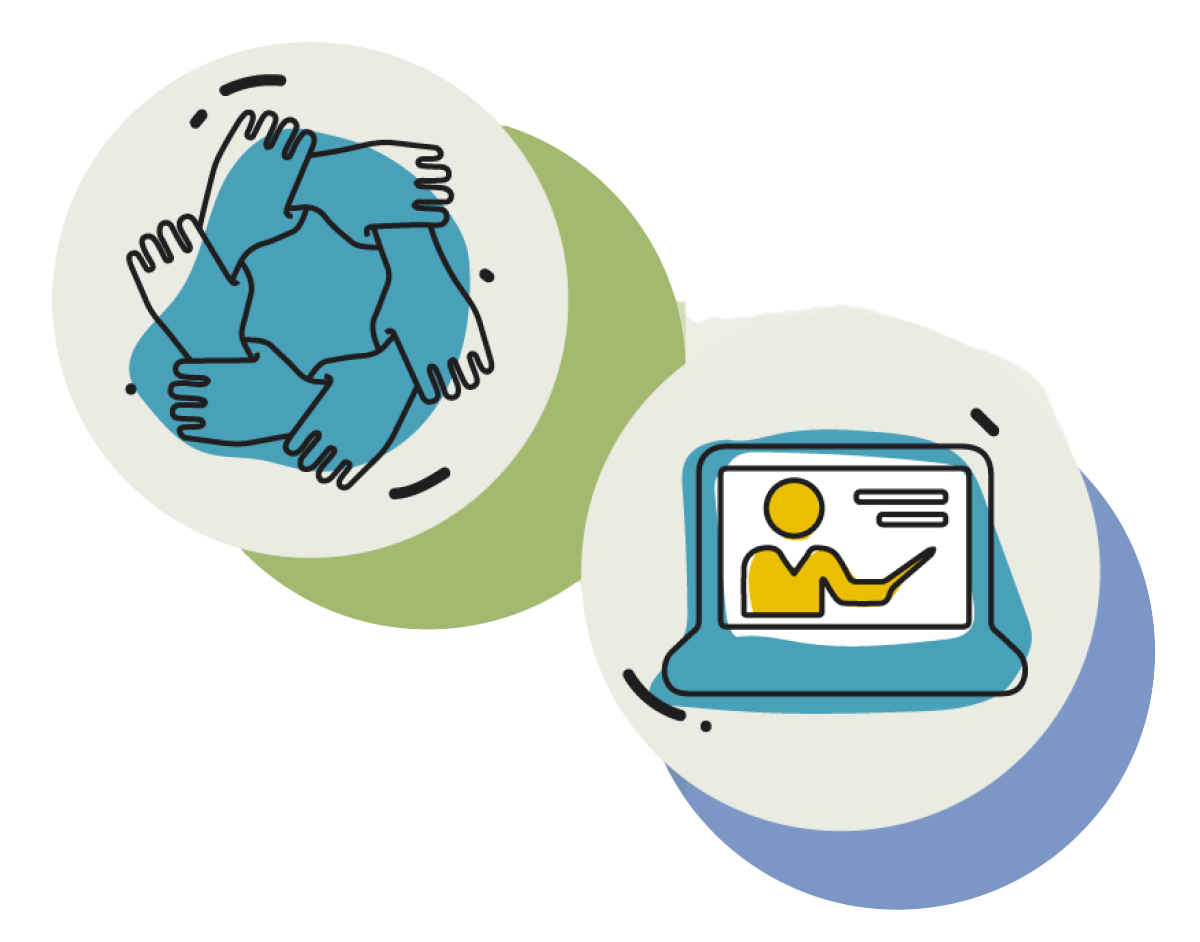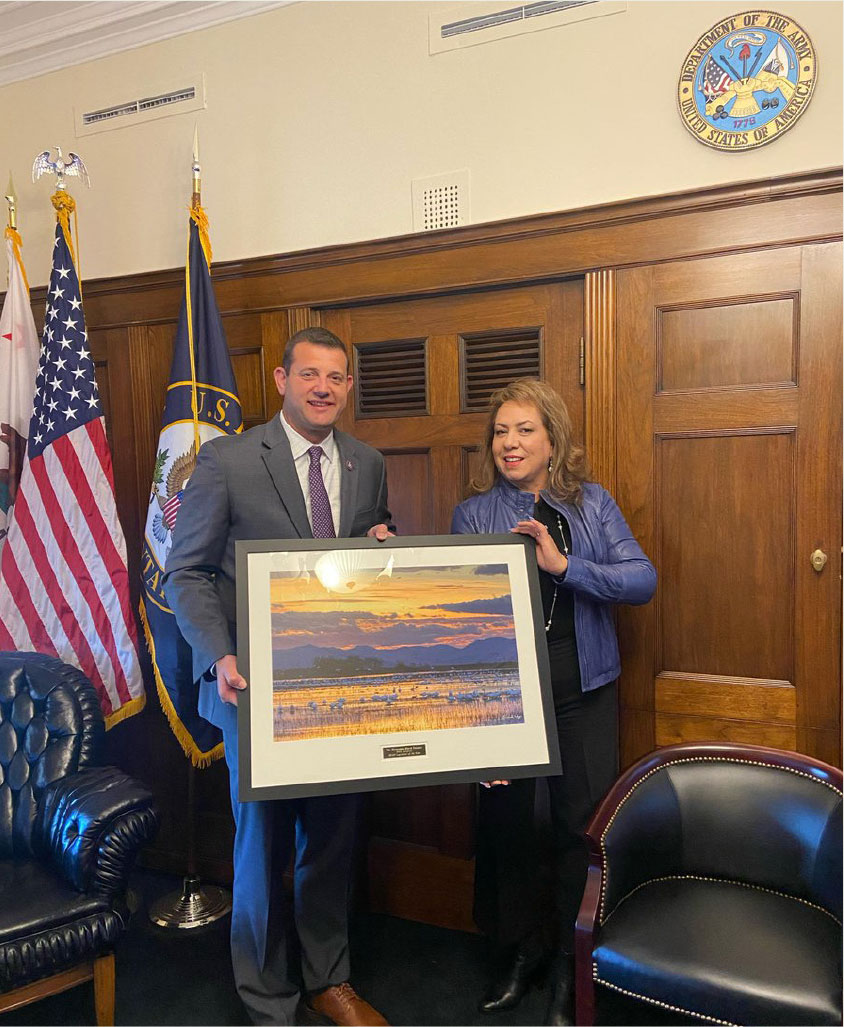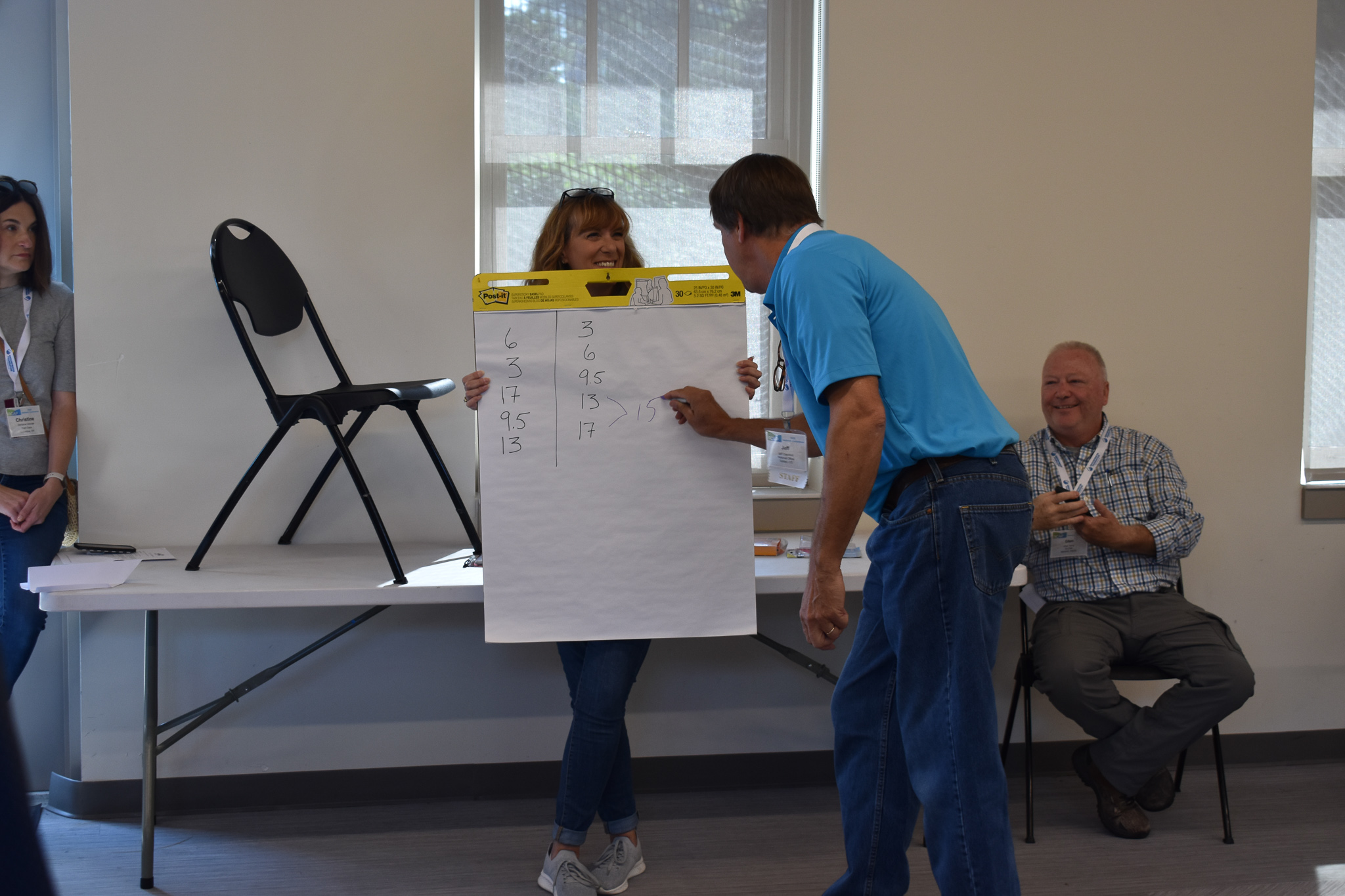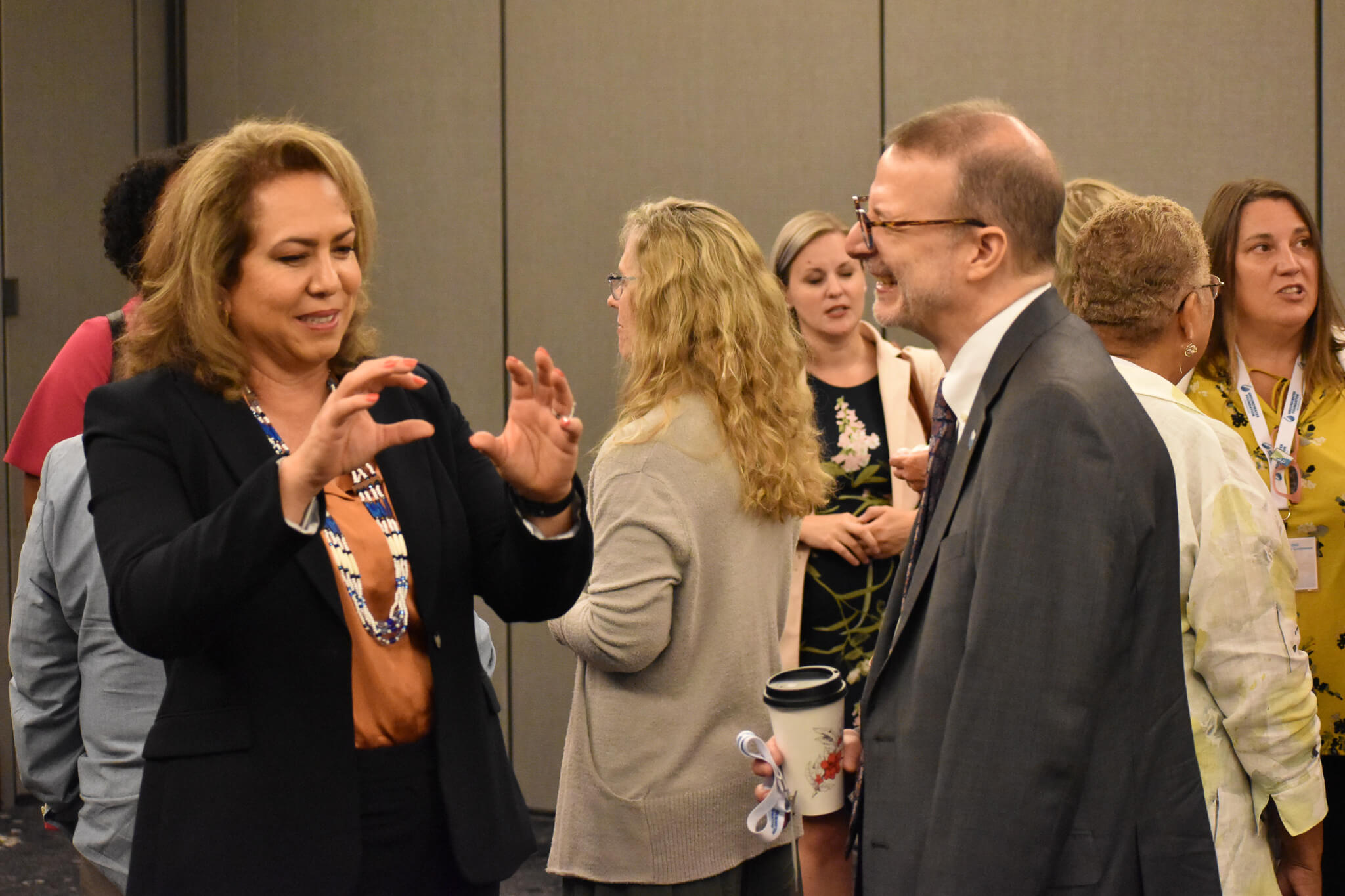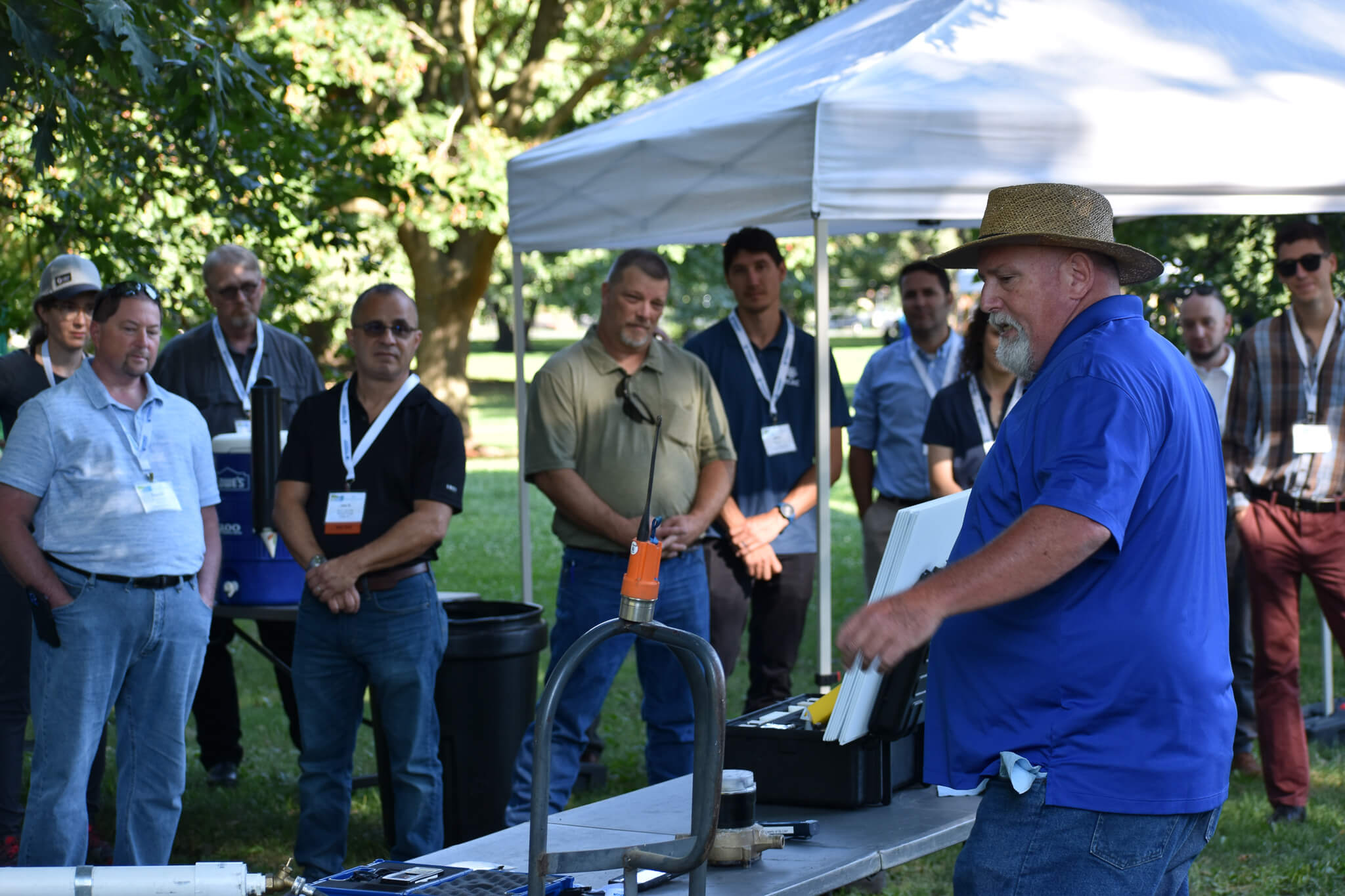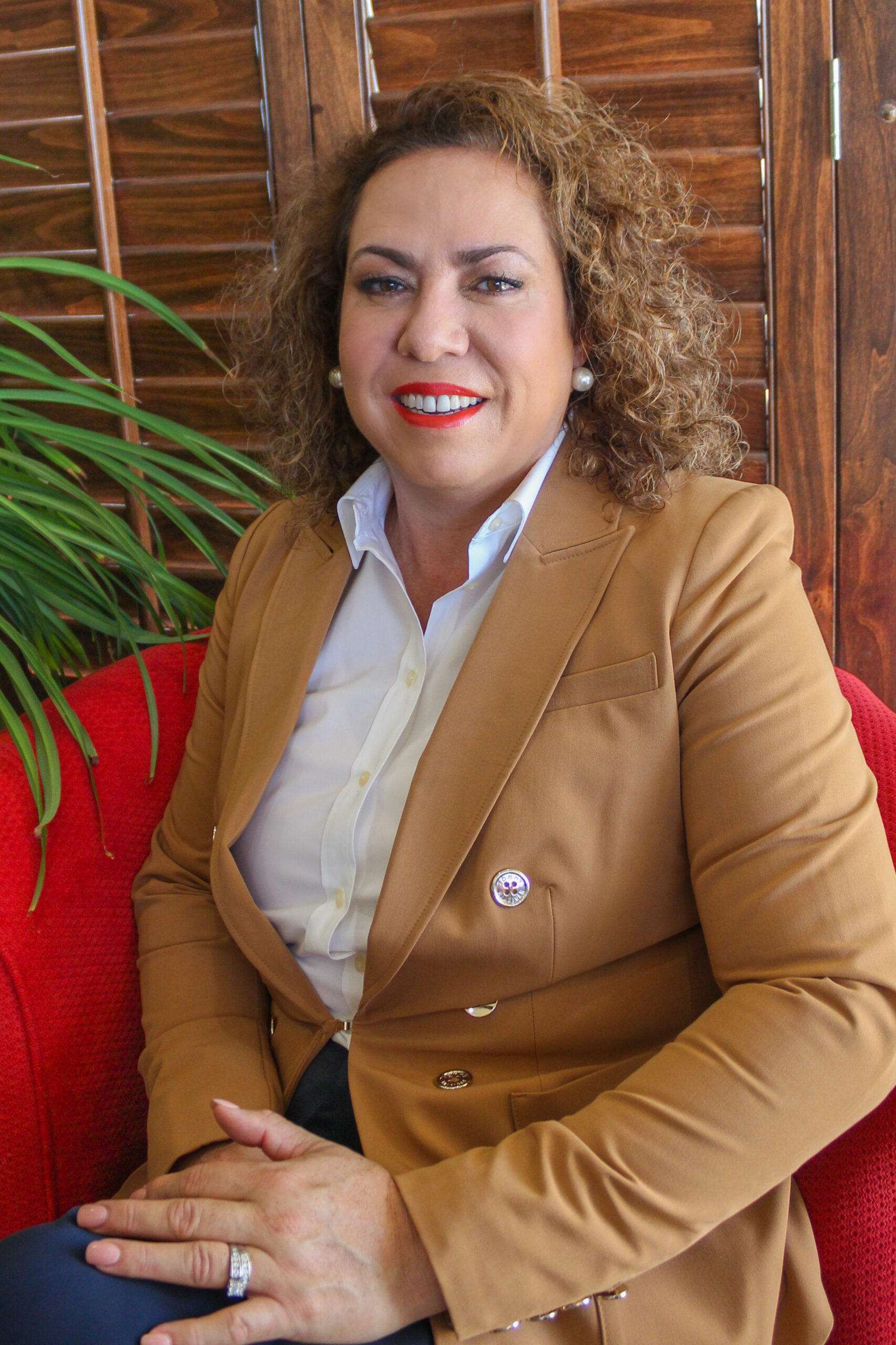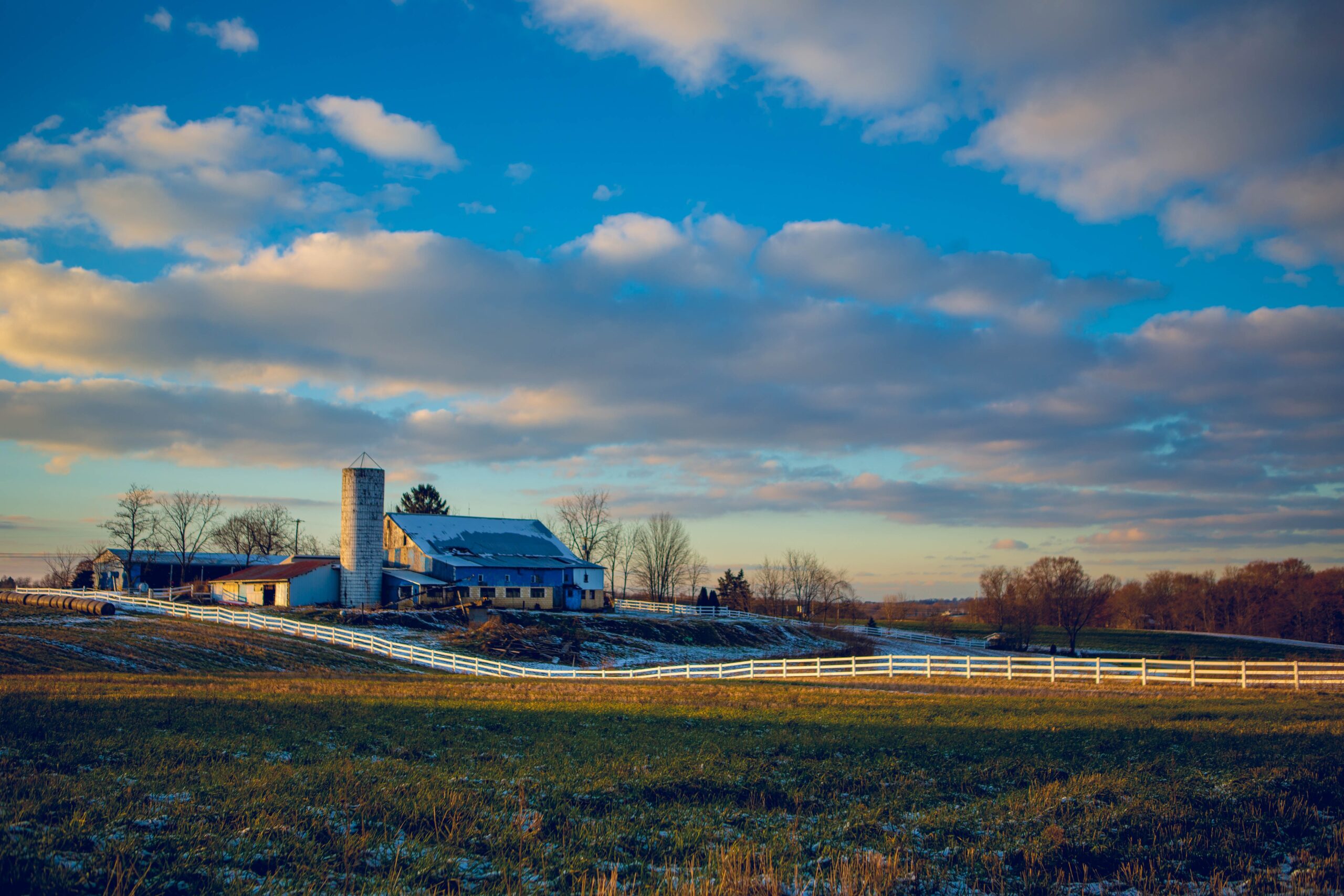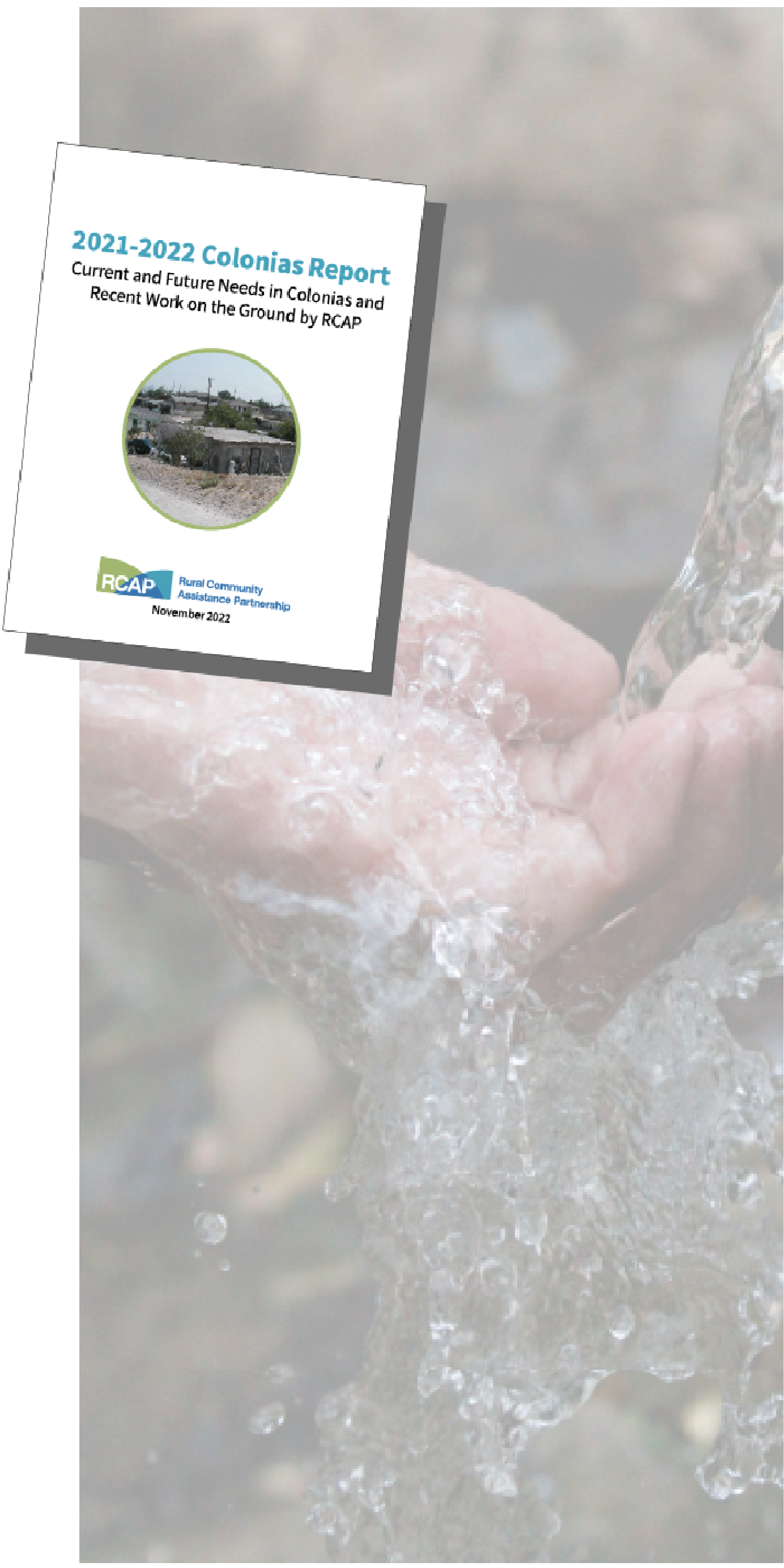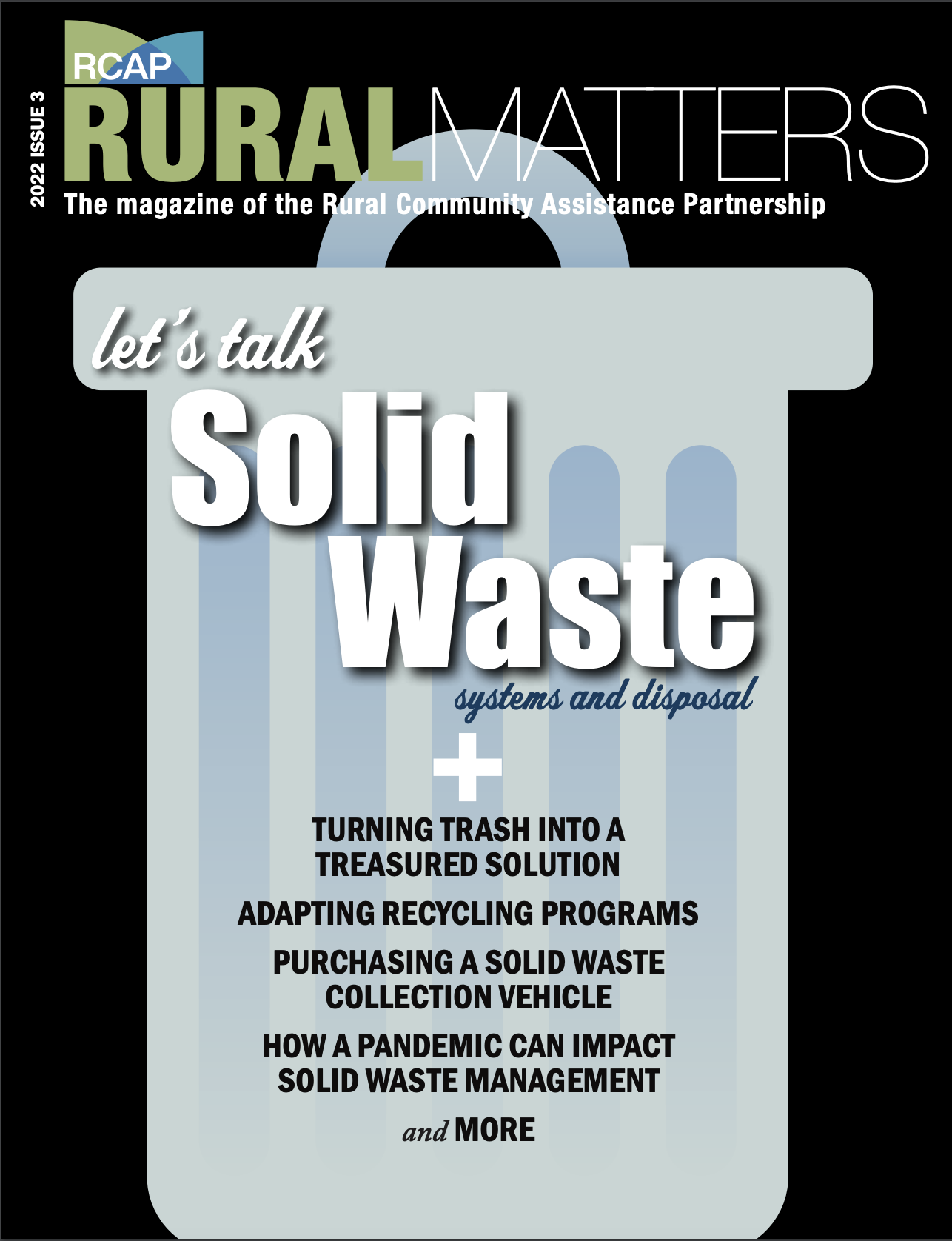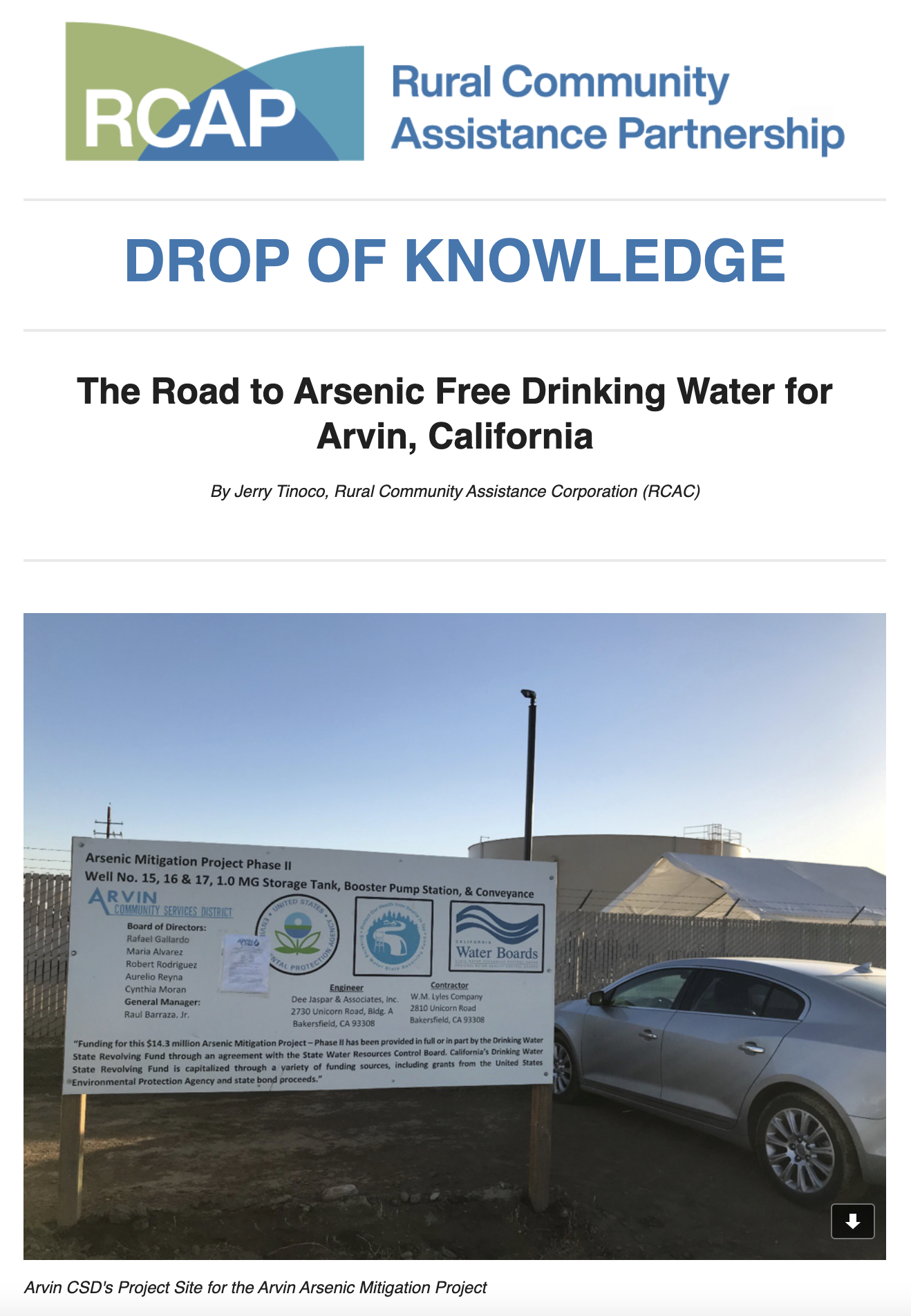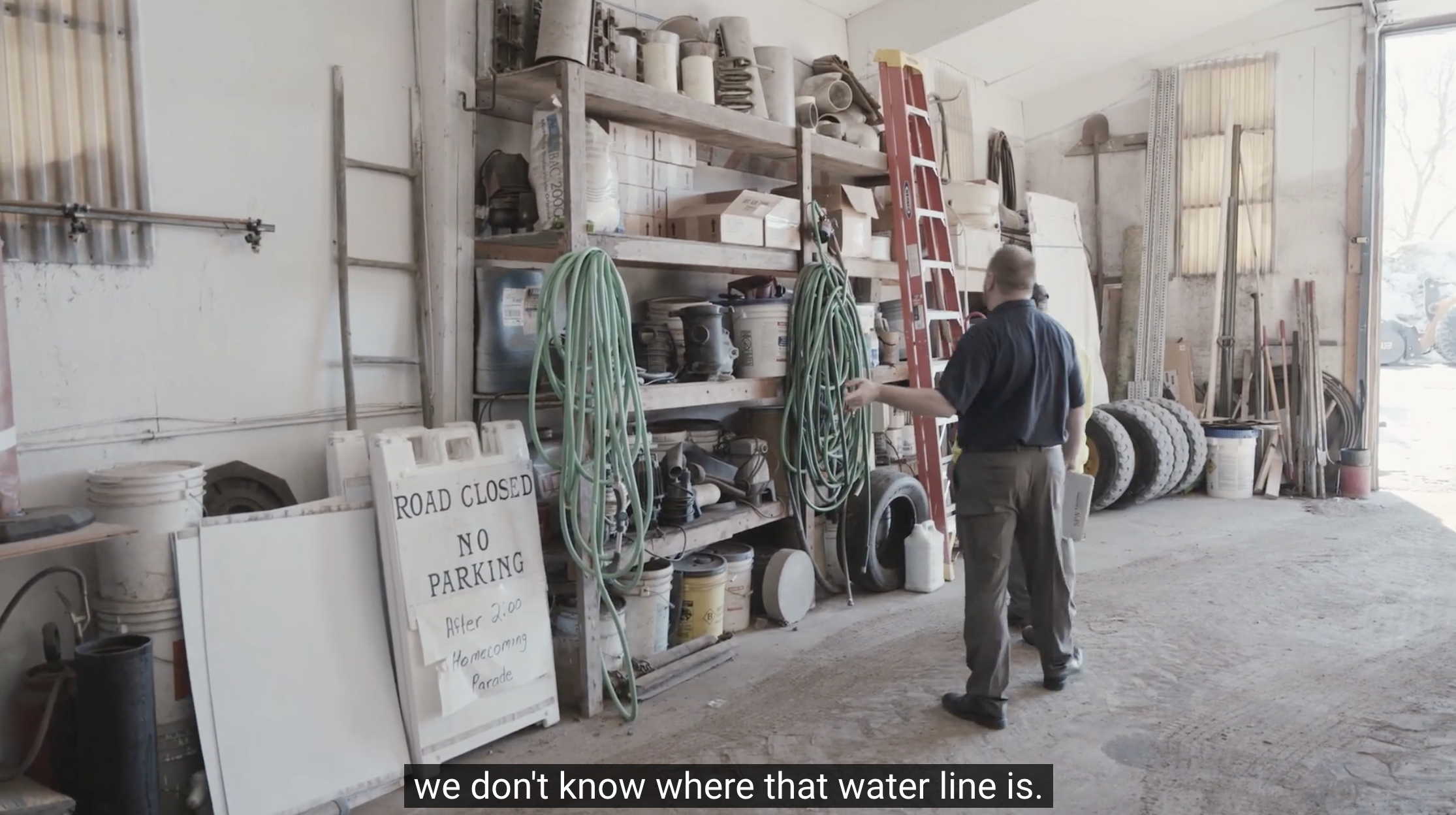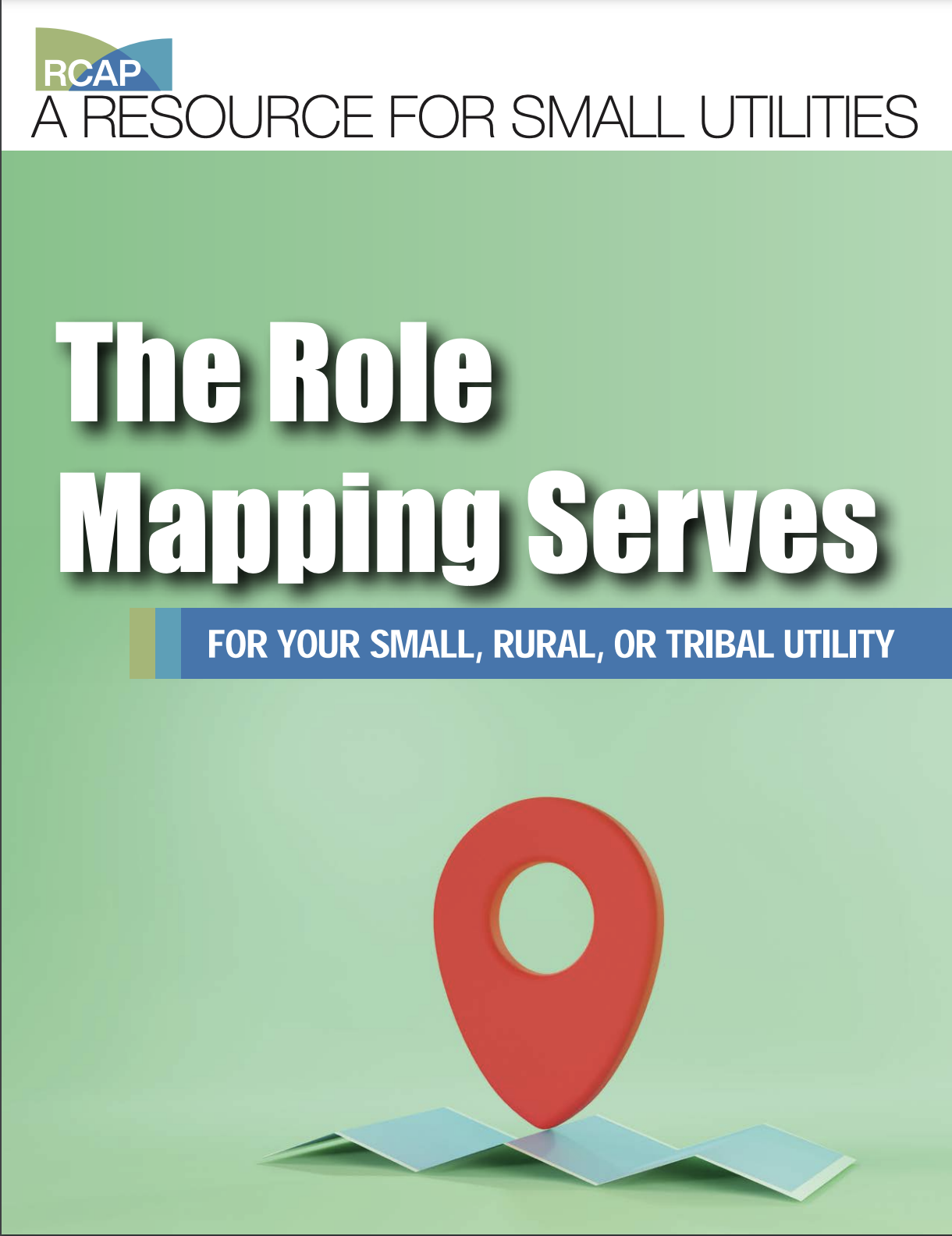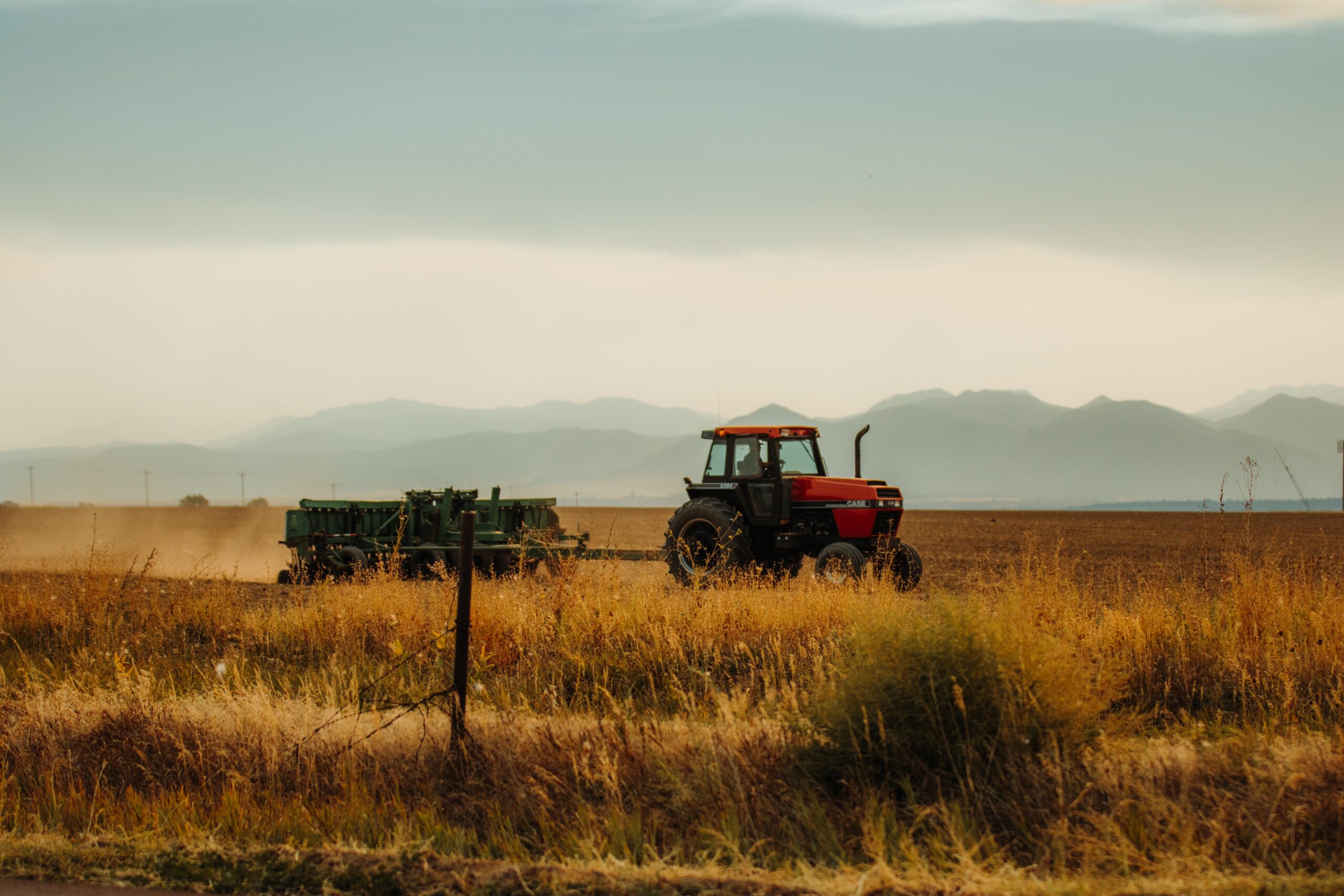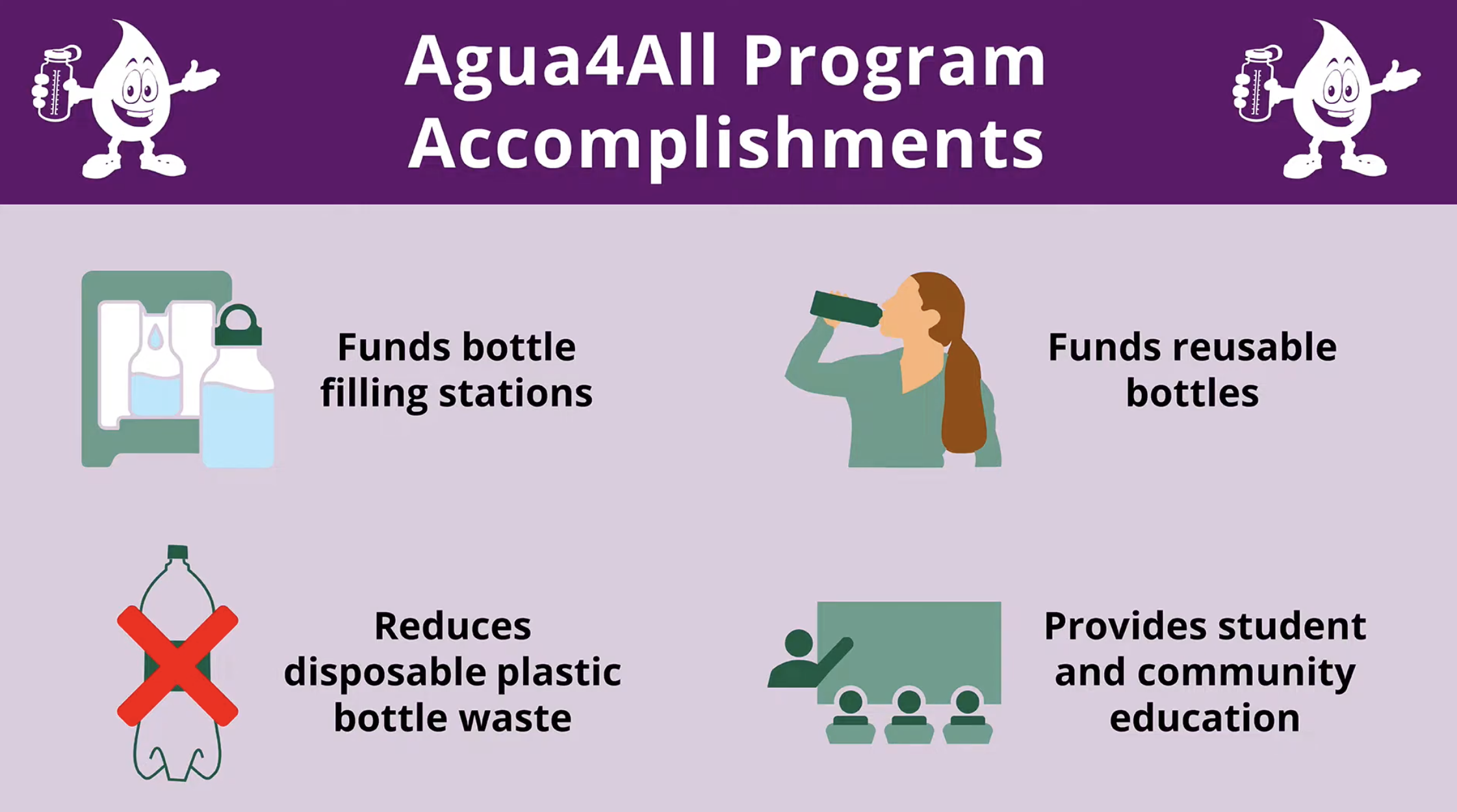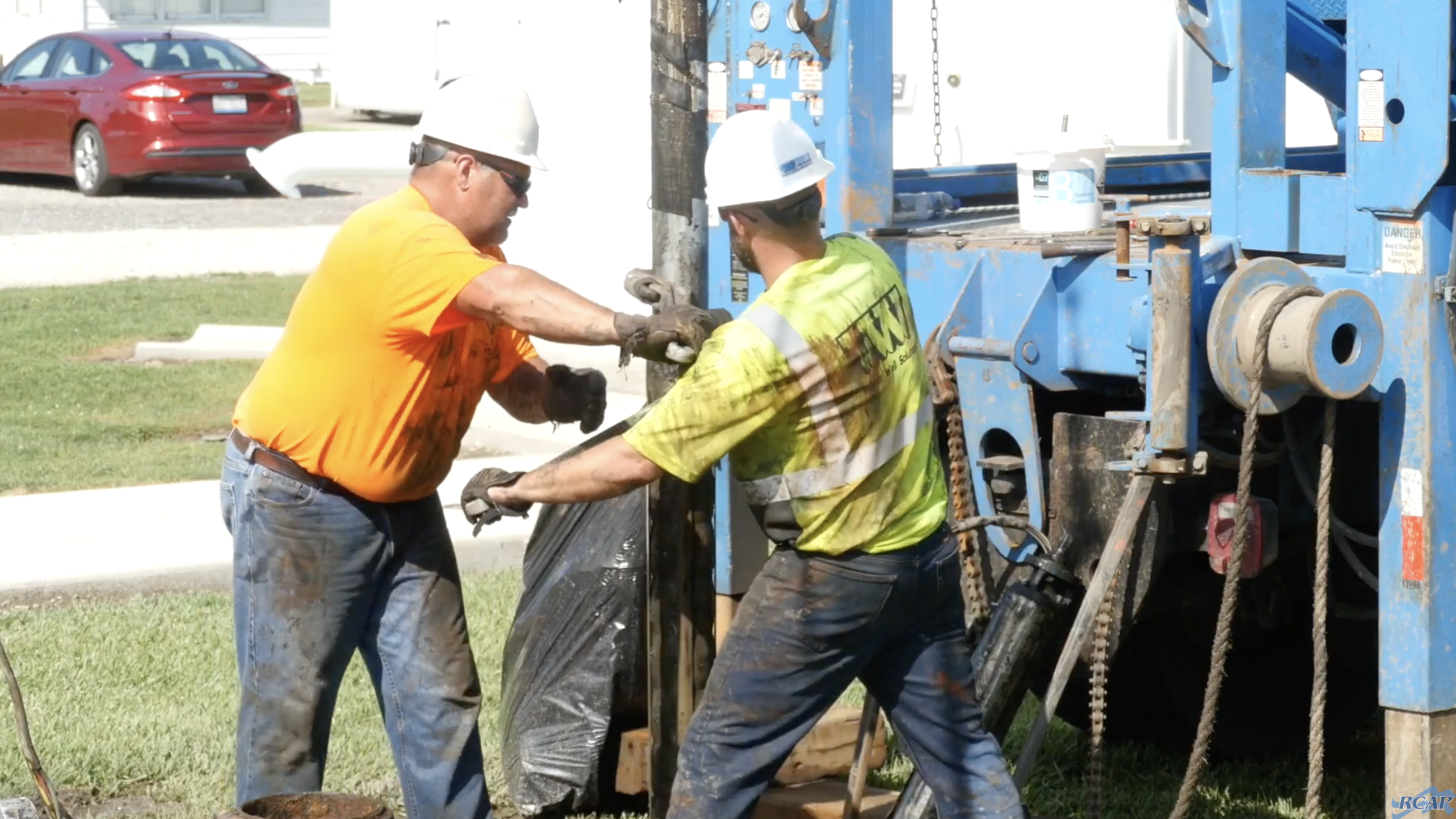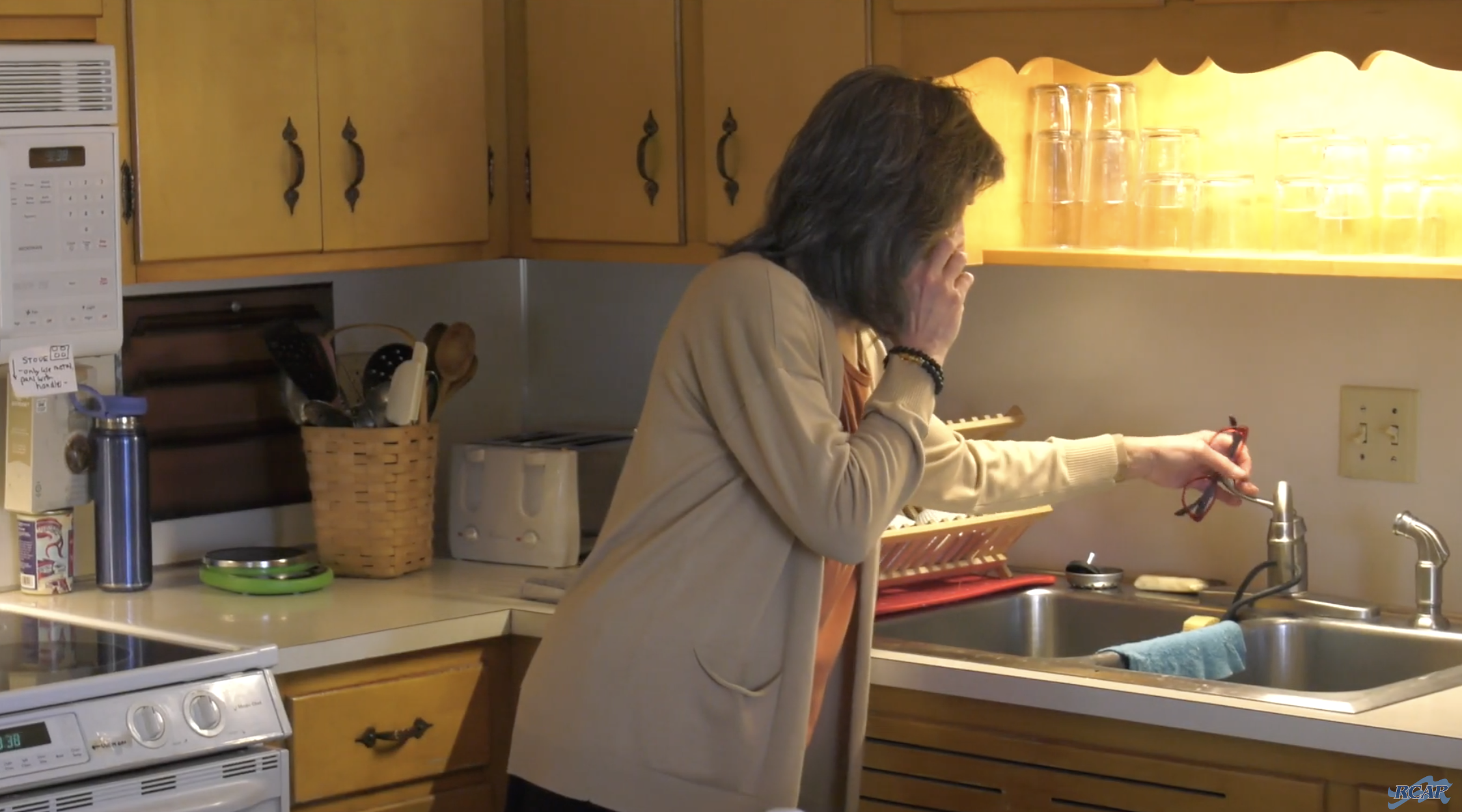Foreword
Fiscal Year (FY) 2022 was a year of growth, change, and transition for the Rural Community Assistance Partnership Incorporated (RCAP). We witnessed the passage of the Infrastructure Investment and Jobs Act (IIJA), a once-in-a-generation investment in infrastructure for the United States, which we helped to ensure included crucial investments that will help small, rural, and Indigenous communities access safe, affordable water and wastewater services. After IIJA’s passage, we worked with partners and agencies to begin mapping out how to strategically utilize these historic funds to meet the needs of those that would benefit from that additional support and have not had the opportunity to access similar funding in the past. We look forward to all the exciting opportunities this is bringing to our network and the communities we serve.
At the same time, RCAP embarked on a national search for a new CEO in FY22. While our national office staff and our network of technical assistance providers grew to meet the emerging needs of our communities including the increased opportunities created by IIJA, we managed to find an exciting new leader from within our own network, who brings an essential perspective and on-the-ground expertise to our office.
